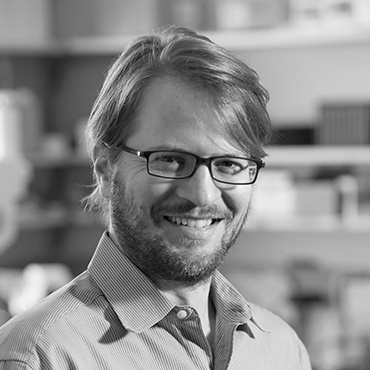Marshall Hussain Shuler PhD
Associate Professor of Neuroscience
Associate Professor of Neuroscience

A fundamental task accomplished by the brain is the formation of adaptive behaviors in response to environmental stimuli. Brain reward systems are thought to mediate changes in synaptic efficacy underlying learning of appropriate behaviors by relating the outcome of behavior with preceding neural activity. Understanding the means by which such systems come to convey reward value, expectancy, quality, probability and utility, and the rules by which such activity is used to effect synaptic weight within brain networks to encode stimulus-action associations is the pursuit of the Hussain Shuler laboratory.
While it is commonly held that ‘higher-order’ brain regions are engaged to elaborate on the behavioral significance of sensory input, Dr. Hussain Shuler has demonstrated reward-timing activity within the primary visual cortex. Specifically, Dr. Hussain Shuler provided evidence that pairing visual stimuli with subsequent reward leads to the emergence of reward-timing activity in the primary visual cortex (V1). The properties of this activity suggest that it may be generated within V1 itself, motivating a research program to investigate the neural mechanisms of reward-based interval learning in V1. To investigate this central question, the Hussain Shuler lab uses an interdisciplinary approach combining multi-site recordings of neural activity and brain chemistry with viral-mediated gene transfer and behavior.
Marshall G. Hussain Shuler joined the Department of Neuroscience as an Assistant Professor in 2008 after completing his post-doctoral research with Dr. Mark Bear at the Picower Institute for Learning Memory at MIT as a Howard Hughes fellow. He received a Ph.D. in Neurobiology from Duke University, Durham NC in 2001, working in the laboratory of Miguel Nicolelis, having received a NRSA fellowship. He received a B.A. with distinction in Neuroscience from the University of Virginia, working with Dr. David Hill, where he was a Howard Hughes Undergraduate Research Apprentice (1995).